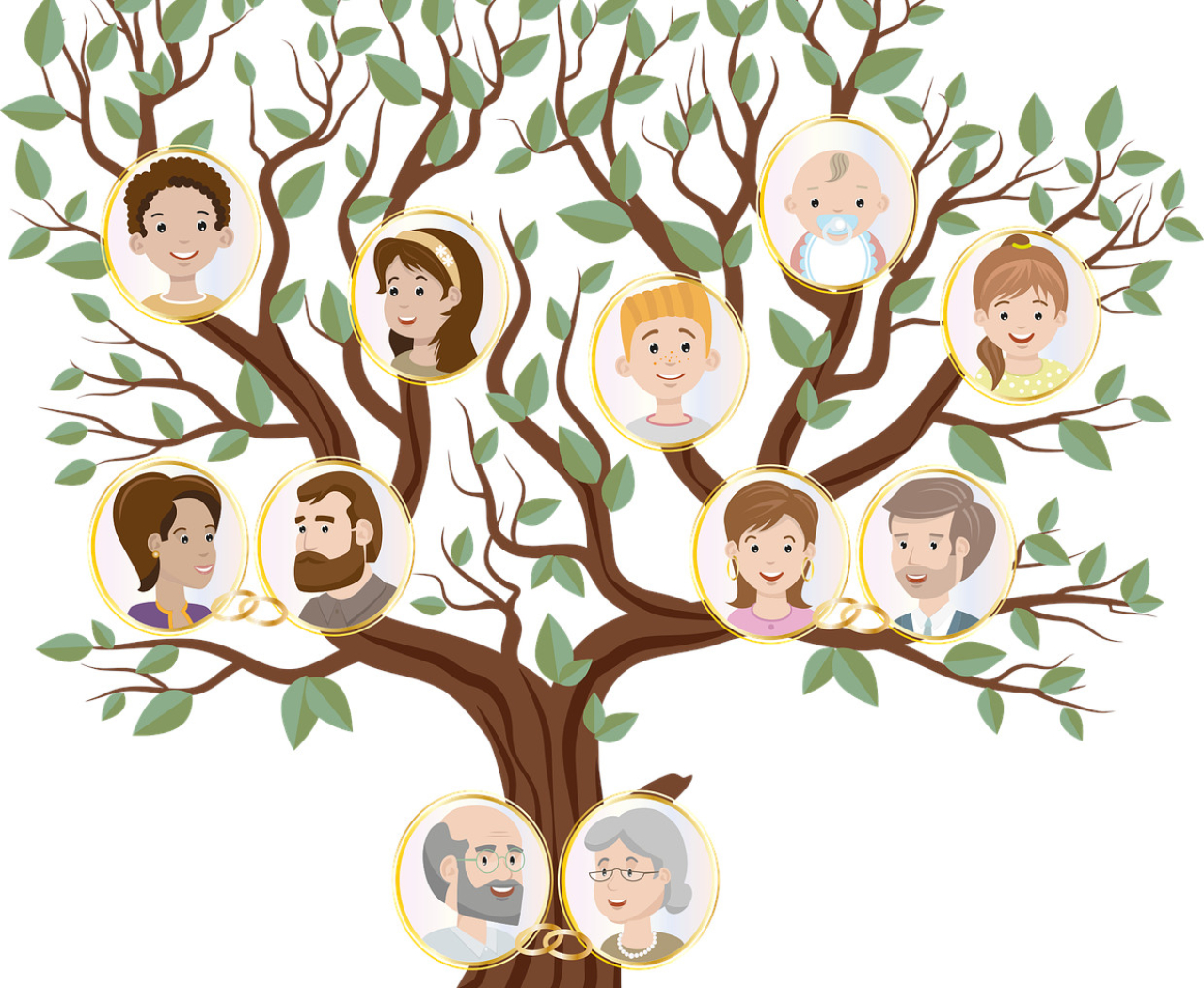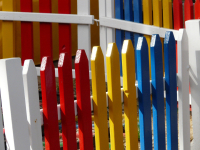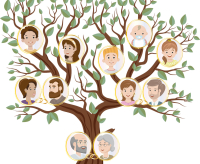Whether tracing family trees through historical records or immersing oneself in the traditions and customs that have shaped Polish identity for centuries, the journey into Polish genealogy and heritage is as rewarding as it is transformative.
Uncovering Polish genealogy
Exploring Polish genealogy is an adventure through time, a way to uncover the stories of ancestors who shaped not only family history but also contributed to the broader tapestry of Polish society. For many, the journey begins with archival research, diving into birth, marriage, and death records meticulously kept by parishes and civil authorities across Poland. These records often date back several centuries, providing vital clues to trace family lineages and uncovering connections to specific regions. Poland's history of shifting borders and migrations adds a layer of complexity to genealogical research. For centuries, Poland was a melting pot of ethnicities, cultures, and religions, making it a hub of diversity in Europe. From noble families listed in the heraldic rolls to humble peasants recorded in parish registries, every name and date adds depth to the narrative of Polish ancestry. The migrations of the 19th and 20th centuries, driven by economic hardship, political unrest, and wars, scattered Polish communities across the globe, creating a rich diaspora eager to reconnect with its roots. Advances in technology and the digitization of Polish records have made genealogical research more accessible than ever. Websites, online archives, and DNA testing services provide invaluable resources for those embarking on this journey. Polish genealogy groups and forums also offer a sense of community, where individuals share findings, tips, and the thrill of discovery. The connection formed through these shared histories transcends borders, fostering a collective pride in Polish ancestry.
Embracing Polish heritage
Polish heritage is a treasure trove of customs, traditions, and values passed down through generations. It is not merely a relic of the past but a vibrant, living culture that continues to thrive in Poland and Polish communities worldwide. Embracing this heritage allows individuals to reconnect with their identity, honoring the resilience and creativity of their ancestors. One of the most recognizable aspects of Polish heritage is its traditional cuisine. Dishes such as pierogi, bigos, and żurek are not just meals but symbols of familial bonds and celebrations. For many, learning to prepare these dishes is a way to honor their ancestors and bring a piece of Poland into their daily lives. Beyond food, Polish folk art, from wycinanki (paper cuttings) to colorful regional costumes, reflects the creativity and spirit of a nation deeply rooted in tradition. Language also plays a vital role in connecting with Polish heritage. For descendants of Polish immigrants, learning the language is often a bridge to understanding the nuances of historical documents, as well as connecting with relatives still living in Poland. Polish, with its rich literary and poetic tradition, offers a window into the soul of the nation, from the works of Adam Mickiewicz to the moving prose of Nobel laureates like Wisława Szymborska. Celebrations and holidays provide another avenue for experiencing Polish heritage. Festivals such as Święto Niepodległości (Independence Day) and religious traditions like Wigilia (Christmas Eve) and Wielkanoc (Easter) are steeped in symbolism and community. Participating in these events fosters a sense of belonging, not only to a family’s lineage but also to the broader Polish cultural identity.
Connecting genealogy with heritage
Exploring Polish genealogy and heritage often go hand in hand, as one informs and enriches the other. Discovering the towns and villages where ancestors lived allows individuals to walk in their footsteps, imagining the lives they led and the challenges they faced. Visiting Poland, whether to research records in archives or to experience its vibrant culture firsthand, is a deeply emotional journey. Places like Kraków, Warsaw, or smaller ancestral villages offer a connection to the past that is both tangible and transformative. Polish genealogy also fosters a greater appreciation for the resilience and achievements of Polish people throughout history. From the struggles for independence during the partitions to the resistance against oppression during World War II, Polish history is a testament to courage and determination. Embracing this heritage is not only a way to honor ancestors but also to draw inspiration from their legacy.
A legacy for future generations
The exploration of Polish genealogy and heritage is more than a personal journey—it is a legacy for future generations. By uncovering family histories and preserving traditions, individuals pass down stories and values that keep the spirit of their ancestors alive. Whether through documenting a family tree, teaching children Polish traditions, or celebrating cultural milestones, this legacy ensures that Polish identity continues to flourish. Poland’s rich history, vibrant culture, and enduring spirit offer a wealth of opportunities for connection and discovery. Through the lens of genealogy and heritage, individuals can uncover not only their family’s past but also a deeper understanding of what it means to be part of the Polish story. It is a journey of remembrance, celebration, and pride, one that strengthens the bond between past, present, and future.












